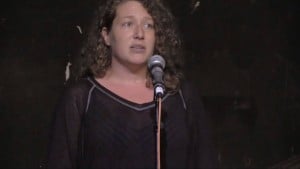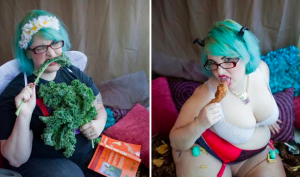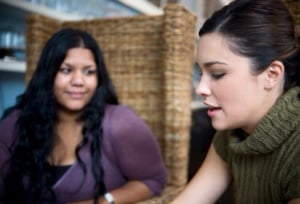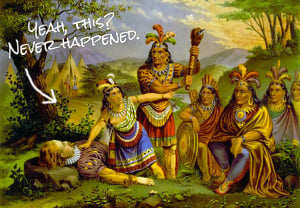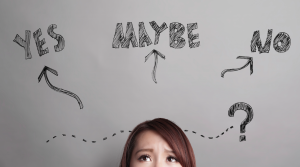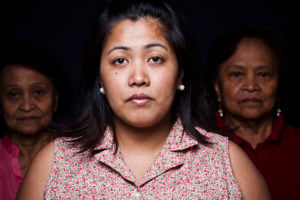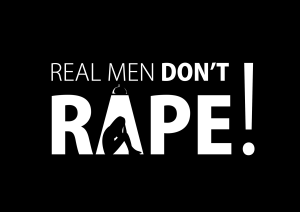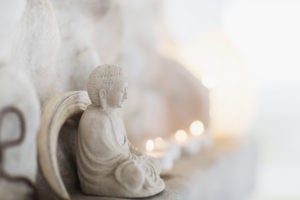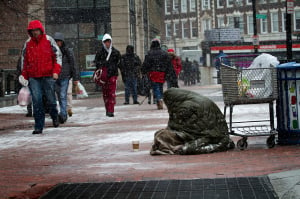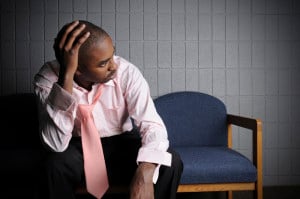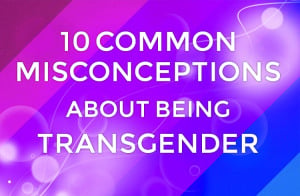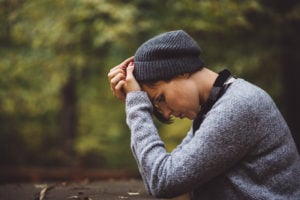Nakisha Lewis: Black Lives Matter is, first and foremost, an affirmation. It is a love note to ourselves, from us to us.
Lilly Workneh: It’s a movement built on love.
Monica Dennis: We’re a movement that is rooted in the principles of human rights, dignity, and respect.
Lilly Workneh: It was founded by three black women: Patrisse Cullors, Alicia Garza, and Opal Tometi, who fought relentlessly alongside thousands of other people who speak out against the unjust killings of black men and women.
André Lee: We all have to think about why African-Americans, blacks, are often left out and feel excluded based on the way our society functions and moves forward.
Nakisha Lewis: But, although it seems like we only take to the streets, and we march when black men are murdered by the hands of police, this movement is actually standing for all black people.
Monica Dennis: We are focusing on the issues of black incarcerated folks, formerly incarcerated folks, black folks who are documented and undocumented, who are working-class, who are poor, who are unemployed, who are cisgender, and transgender, and gender non-conforming.
Lilly Workneh: Black Lives Matter is about peace. It’s about bringing people together. It’s about fighting for justice. It’s about solidarity, and it’s about unity.
Nakisha Lewis: Terror and love do not go hand-in-hand. Unequivocally, without a doubt, Black Lives Matter is a group of people that love each other and love even those who are not engaged in the movement. And, so, terror has no place among us.
Taryn Finley: America needs to know that the time is now for a change.
Jonathan Jackson: These are systems that are executing objectives and people, and that can’t continue. Protesting (and speaking out) is one of the most American things you can do.
Taryn Finley: Pro-black isn’t synonymous with anti-white or anti-cop.
Nakisha Lewis: And if it hadn’t been for the voices of those who dared to go against the grain, those who dared to be the difference, we may not be where we are today.
Lilly Workneh: Silence is complicity, and refusing to speak up, write about, or protest against the despicable treatment of black lives in America, essentially, shows that you’re on the side of the oppressor.
André Lee: Why does society dictate that my life matters less than yours?
Anthonine Pierre: If I could tell the All Lives Matter crowd one thing, I would say to check your arguments.
Akiba Solomon: Really educate yourself about what Black Lives Matter means.
Taryn Finley: Do your research on housing segregation, racial disparities in income, and education, and mass incarceration, and you’ll realize why we need to say Black Lives Matter.
Lilly Workneh: All lives won’t matter until black lives do.





